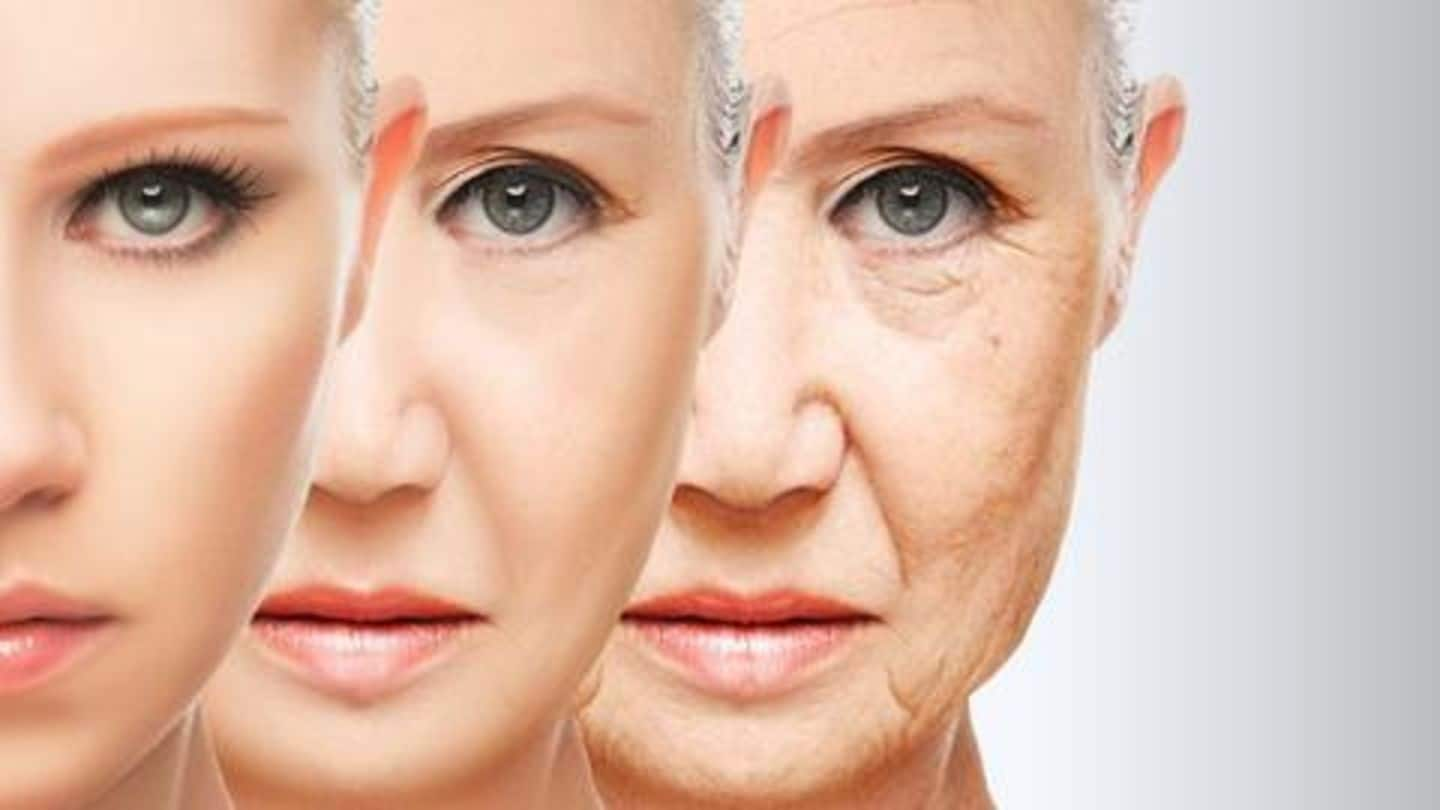
Scientists may have found the secret to reverse aging
What's the story
Since, well, forever, humans have tried to find ways to make them look and feel younger; homemade face packs, makeup, botox, exercise, etc., which don't truly deliver the desired effect.
However, scientists may have unlocked the secret to looking younger by reversing your biological age.
Intervene Immune and Stanford Medical Center researchers claim they have proved that "epigenetic aging can be reversed in humans."
Details
Year-long study observed age-estimators in nine men aged 51-65
As per a study in Aging Cell, scientists observed four age-estimators among nine healthy men aged 51-65 in a year-long clinical trial.
Participants of the study, called the TRIIM (Thymus Regeneration, Immunorestoration, and Insulin Mitigation) trial, were given a cocktail of three common drugs, recombinant human growth hormone (rhGH) and two diabetes medications- Dehydroepiandrosterone (DHEA) and Metformin.
The objective was to restore tissue in the thymus gland.
Information
What's the thymus and how is it related to aging?
The thymus gland, located in the chest behind the collarbone, is a small lymphoid organ of the immune system. The thymus develops T-cells, which are responsible for our adaptive immunity. However, it shrinks as we age. This shrinking notably accelerates after puberty.
Observations
Scientists found epigenetic aging to have reversed by 2.5 years
Scientists then tested the impact of the drugs by estimating the participants' biological ages.
This was done by analyzing biomarkers of aging on the participants' genome.
At the end of the year-long study, scientists found that the mean epigenetic (biological) age of participants was approximately 1.5 years less against the baseline (beginning of the study), i.e., epigenetic aging was reversed by 2.5 years.
Quote
That felt kind of futuristic: Geneticist Steve Horvath
Interestingly, geneticist Steve Horvath at the University of California, who conducted the analysis, told Nature, "I'd expected to see slowing down of the clock, but not a reversal. That felt kind of futuristic."
However, cell biologist Wolfgang Wagner cautioned, "It may be that there is an effect, but the results are not rock solid because the study is very small and not well controlled."
History
Study head earlier observed thymus regenerative results in own body
Notably, the TRIIM trial was approved by the US Food and Drug Administration in May 2015.
The study was led by immunologist Gregory Fahy, who learned about the rejuvenation of immune cells in rats by injecting growth-hormone-secreting cells, and hoped to replicate the results in humans.
Reportedly, he had injected himself with growth hormone and DHEA for a month and observed thymus regeneration.